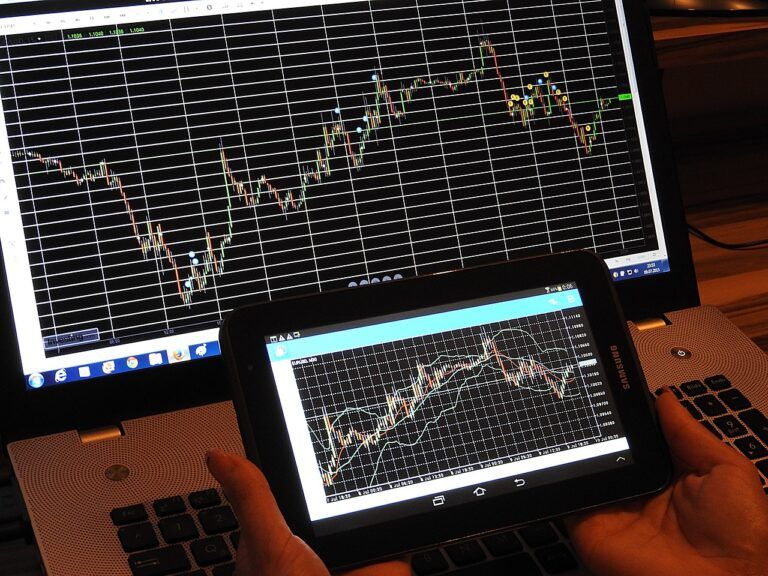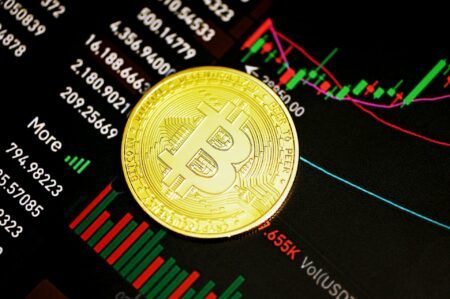IDEX, the top decentralized cryptocurrency exchange for trading ERC-20 tokens on the Ethereum blockchain, has announced a new update powered by an ‘unbounded’ scaling solution called Optimized Optimistic Rollup (O2R).
The scaling solution is coming at the time of the Istanbul hard fork, which is expected to take place over the weekend but isn’t denpendent on it. Istanbul brings six Ethereum Improvement Proposals (EIPs). One of these is EIP 2028, which reduces the gas fee for requesting call data from 68 gas per byte to 16 gas per byte. Calldata, CoinDesk reports, is information broadcast on the ETH state necessary for creating specific smart contracts.
These include smart contracts to bundle on-chain transaction off-chain. Aurora Labs, the company behind IDEX, sees Istanbul as a potential way to lower operating costs while processing more transactions. Alex Wearn, IDEX’s co-founder and CEO, said in a press release:
We designed O2R as a way to solve for Ethereum’s scaling challenges today by offering an alternative system that gives businesses a platform to scale to their needs. For IDEX, this 2.0 release gives traders what they want most—the performance and scalability of a centralized platform combined with the security of a DEX
The release notes each settlement transaction processed using the Optimized Optimistic Rollup solution will consume less gas than a single transaction on the IDEX 1.0 exchange, allowing for significant savings on gas fees. A demo version of the IDEX 2.0 trading platform is now available for traders, and comes with a trading competition that the exchange claims will be distributing over $200,000 in prizes.
It’s worth noting that according to Etherscan data, IDEX was responsible for nearly 28% of all transactions conducted on decentralized exchanges on the Ethereum blockchain over the last 30-day period. Uniswap came in first place with 28.9% of transactions, with Kyber Network coming in third with 17%
Decentralized Exchanges
Decentralized trading platforms are a growing trend in the cryptocurrency space. While the first prominent decentralized exchanges were on the Ethereum blockchain, there are now some available on various blockchains, allowing users to trade directly from their wallets.
Allowing users to trade directly from their wallets means there won’t be a risk of losing funds if a centralized platform gets hacked. This has long attracted users, so much so even decentralized exchanges have launched decentralized trading platforms.
These include controversial South Korean trading platform Bithumb, and its Bithumb DEX, popular exchange Binance and its DEX, Poloniex and its TRON-focused DEX launched shortly after it spun out of Circle, and platforms like Waves, which is partly known for its DEX.
As CryptoGlobe reported, OKEx has also announced that the development of its own blockchain, OKChain, is in its final testing phase. OKChain is going to be used to support the unbanked by “providing them basic financial services.” The first decentralized application on the network will be a decentralized trading platform, OKDEX.
OKB, OKEx’s native token, is set to be equipped with more use cases in different fields, including cybersecurity, finance, lifestyle services, and more.
Update: This article has been updated to reflect IDEX’s scaling solution wasn’t dependent on Ethereum’s Istanbul hard fork.
Featured image via Pixabay.








